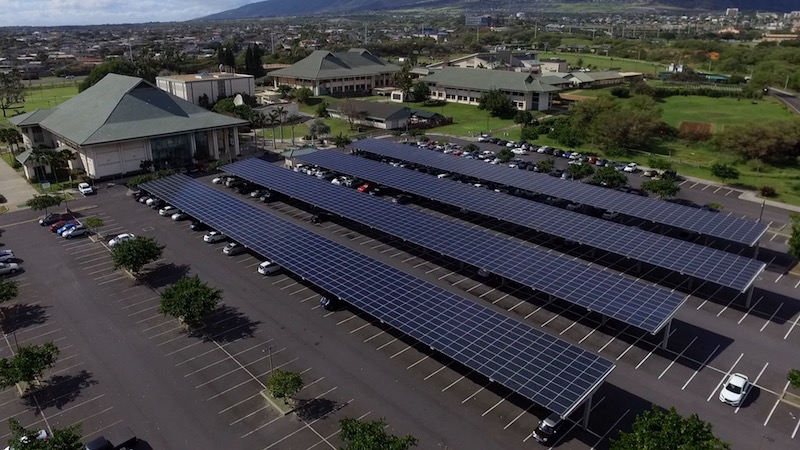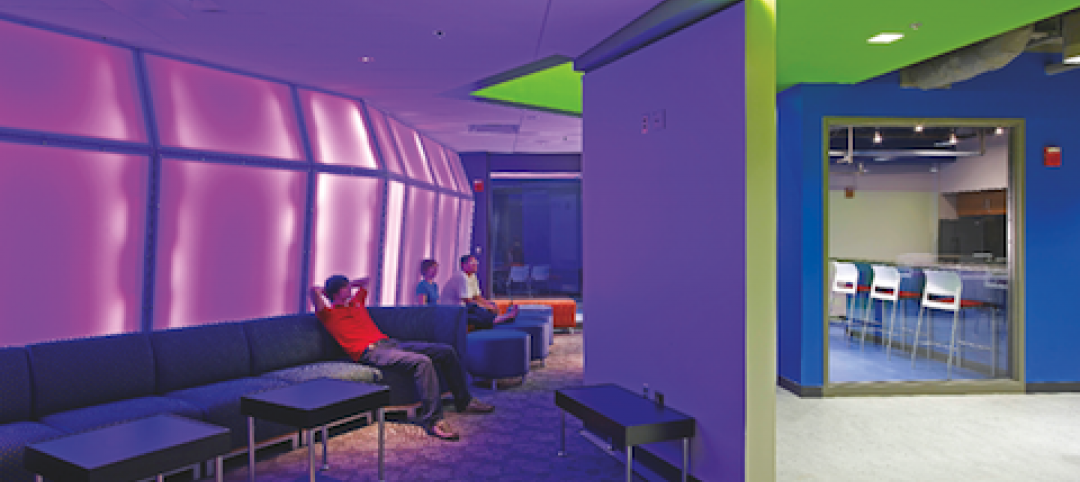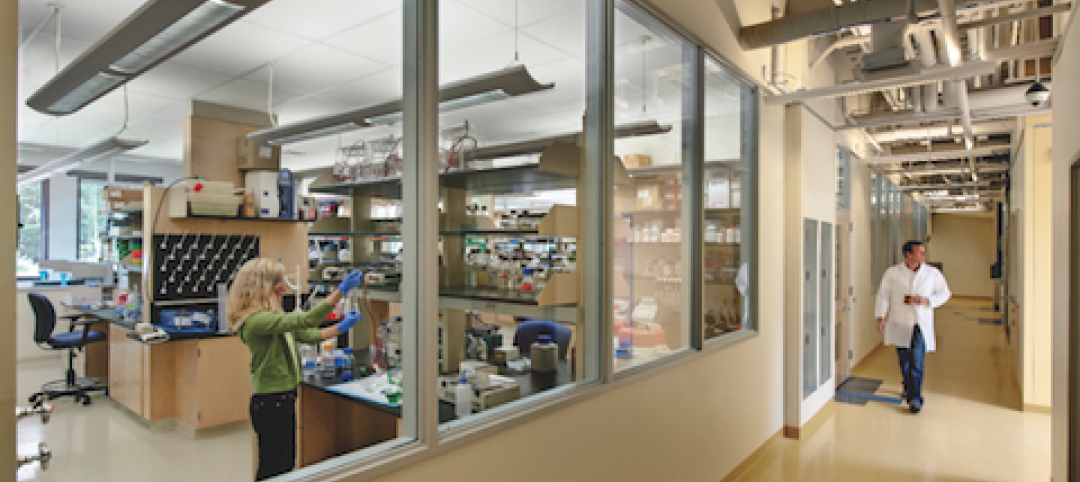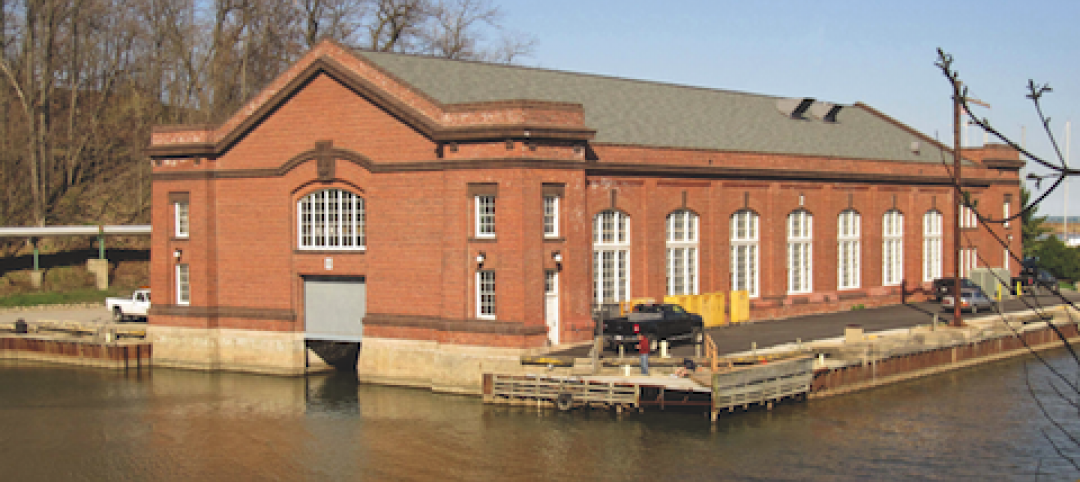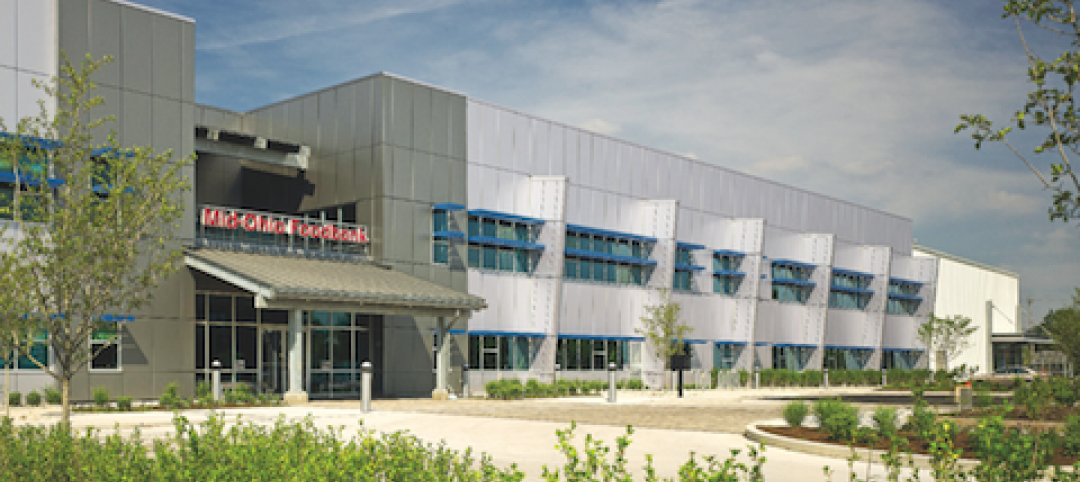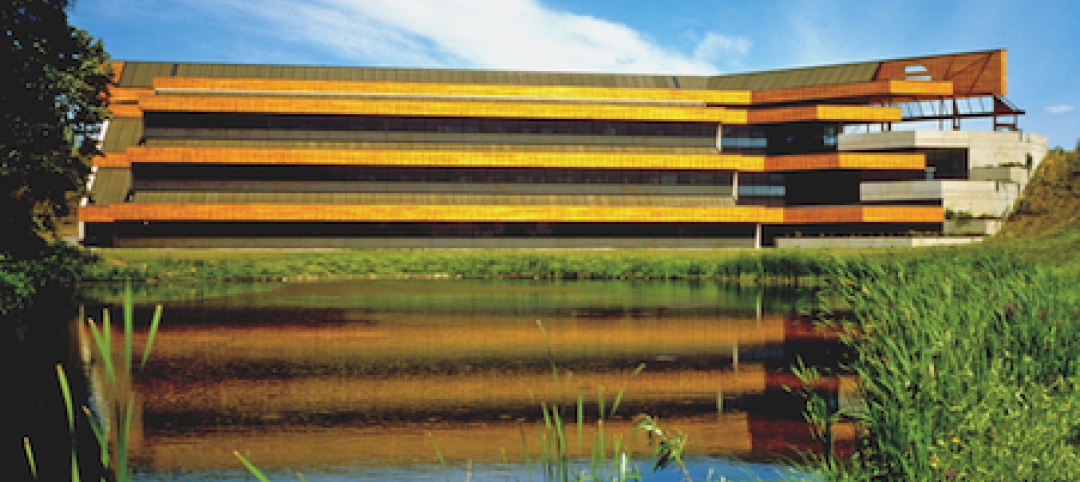In 2015, the University of Hawaii (UH) and the Hawaii Legislature established a goal for the UH university system to be net-zero by Jan. 1, 2035. Of all the campuses in the UH system, the University of Hawaii Maui College is on target to be the first to supply 100% of its energy needs through on-site photovoltaic systems coupled with battery storage, and it will do so 16 years ahead of schedule.
When it becomes operational in 2019, the UH Maui College PV plus storage system will be able to eliminate the campus’s fossil fuel-based energy use. The project is part of a partnership with Johnson Controls and Pacific Current and is currently in its second phase. Phase one saw the implementation of energy efficiency measures at UH Maui College and across all of the UH campuses. Phase two includes additional energy efficiency upgrades and the installation of the on-site solar PV coupled with battery storage.
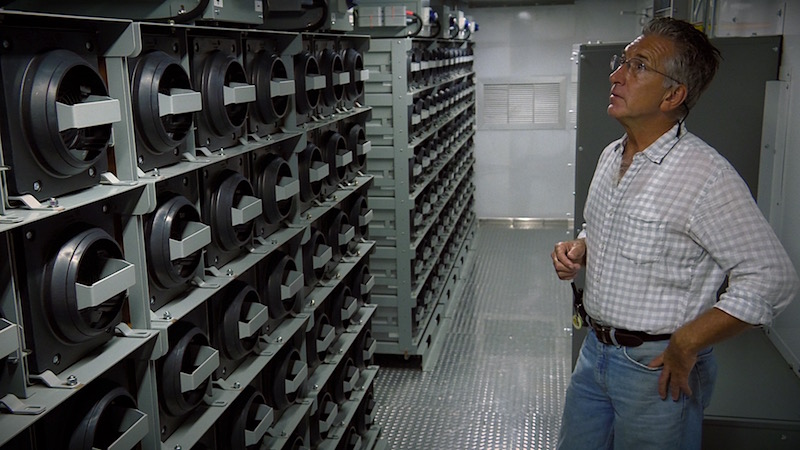 UH Maui College Physical Plant Manager Robert Burton looks at battery array. Photo courtesy University of Hawaii.
UH Maui College Physical Plant Manager Robert Burton looks at battery array. Photo courtesy University of Hawaii.
Phase two will bring the total on-site capacity to 2.8 MW of solar PV and 13.2 MWh of battery distributed energy storage at UH Maui College. Phase two will reduce the fossil fuel energy consumption across all of the five UH campuses by ~14 GWh annually (45%) and add ~13 GWh renewable energy generation.
By the end of phase two, the UH Oahu campuses will reduce their use of fossil fuel for energy by 98% (Leeward Community College), 97% (Honolulu Community College), 74% (Kapi’olani Community College), and 70% (Windward Community College).
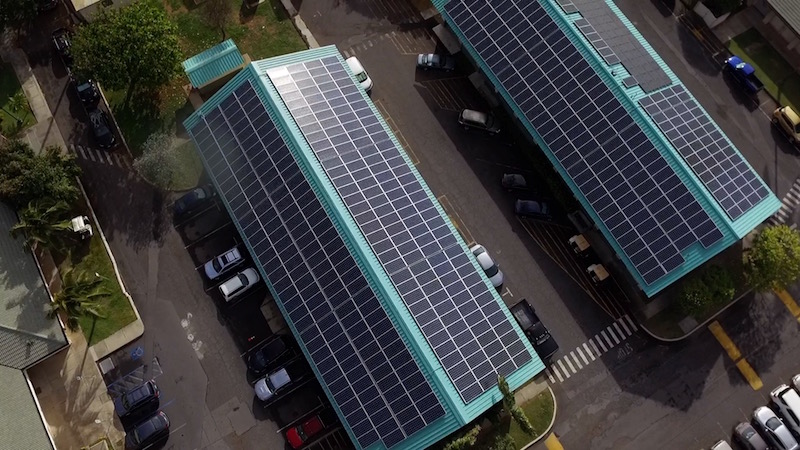 Photo courtesy University of Hawaii.
Photo courtesy University of Hawaii.
Related Stories
| Oct 12, 2010
University of Toledo, Memorial Field House
27th Annual Reconstruction Awards—Silver Award. Memorial Field House, once the lovely Collegiate Gothic (ca. 1933) centerpiece (along with neighboring University Hall) of the University of Toledo campus, took its share of abuse after a new athletic arena made it redundant, in 1976. The ultimate insult occurred when the ROTC used it as a paintball venue.
| Oct 12, 2010
Owen Hall, Michigan State University, East Lansing, Mich.
27th Annual Reconstruction Awards—Silver Award. Officials at Michigan State University’s East Lansing Campus were concerned that Owen Hall, a mid-20th-century residence facility, was no longer attracting much interest from its target audience, graduate and international students.
| Oct 12, 2010
Cell and Genome Sciences Building, Farmington, Conn.
27th Annual Reconstruction Awards—Silver Award. Administrators at the University of Connecticut Health Center in Farmington didn’t think much of the 1970s building they planned to turn into the school’s Cell and Genome Sciences Building. It’s not that the former toxicology research facility was in such terrible shape, but the 117,800-sf structure had almost no windows and its interior was dark and chopped up.
| Oct 12, 2010
The Watch Factory, Waltham, Mass.
27th Annual Reconstruction Awards — Gold Award. When the Boston Watch Company opened its factory in 1854 on the banks of the Charles River in Waltham, Mass., the area was far enough away from the dust, dirt, and grime of Boston to safely assemble delicate watch parts.
| Oct 12, 2010
Building 13 Naval Station, Great Lakes, Ill.
27th Annual Reconstruction Awards—Gold Award. Designed by Chicago architect Jarvis Hunt and constructed in 1903, Building 13 is one of 39 structures within the Great Lakes Historic District at Naval Station Great Lakes, Ill.
| Oct 12, 2010
Full Steam Ahead for Sustainable Power Plant
An innovative restoration turns a historic but inoperable coal-burning steam plant into a modern, energy-efficient marvel at Duke University.
| Oct 12, 2010
From ‘Plain Box’ to Community Asset
The Mid-Ohio Foodbank helps provide 55,000 meals a day to the hungry. Who would guess that it was once a nondescript mattress factory?
| Oct 11, 2010
HGA wins 25-Year Award from AIA Minnesota
HGA Architects and Engineers won a 25-Year Award from AIA Minnesota for the Willow Lake Laboratory.
| Oct 11, 2010
Rhode Island is the first state to adopt IGCC
Rhode Island is the first state to adopt the International Green Construction Code (IGCC). The Rhode Island Green Buildings Act identifies the IGCC as an equivalent standard in compliance with requirements that all public agency major facility projects be designed and constructed as green buildings. The Rules and Regulations to implement the Act take effect in October 2010.
| Oct 8, 2010
Union Bank’S San Diego HQ awarded LEED Gold
Union Bank’s San Diego headquarters building located at 530 B Street has been awarded LEED Gold certification from the Green Building Certification Institute under the standards established by the U.S. Green Building Council. Gold status was awarded to six buildings across the United States in the most recent certification and Union Bank’s San Diego headquarters building is one of only two in California.


